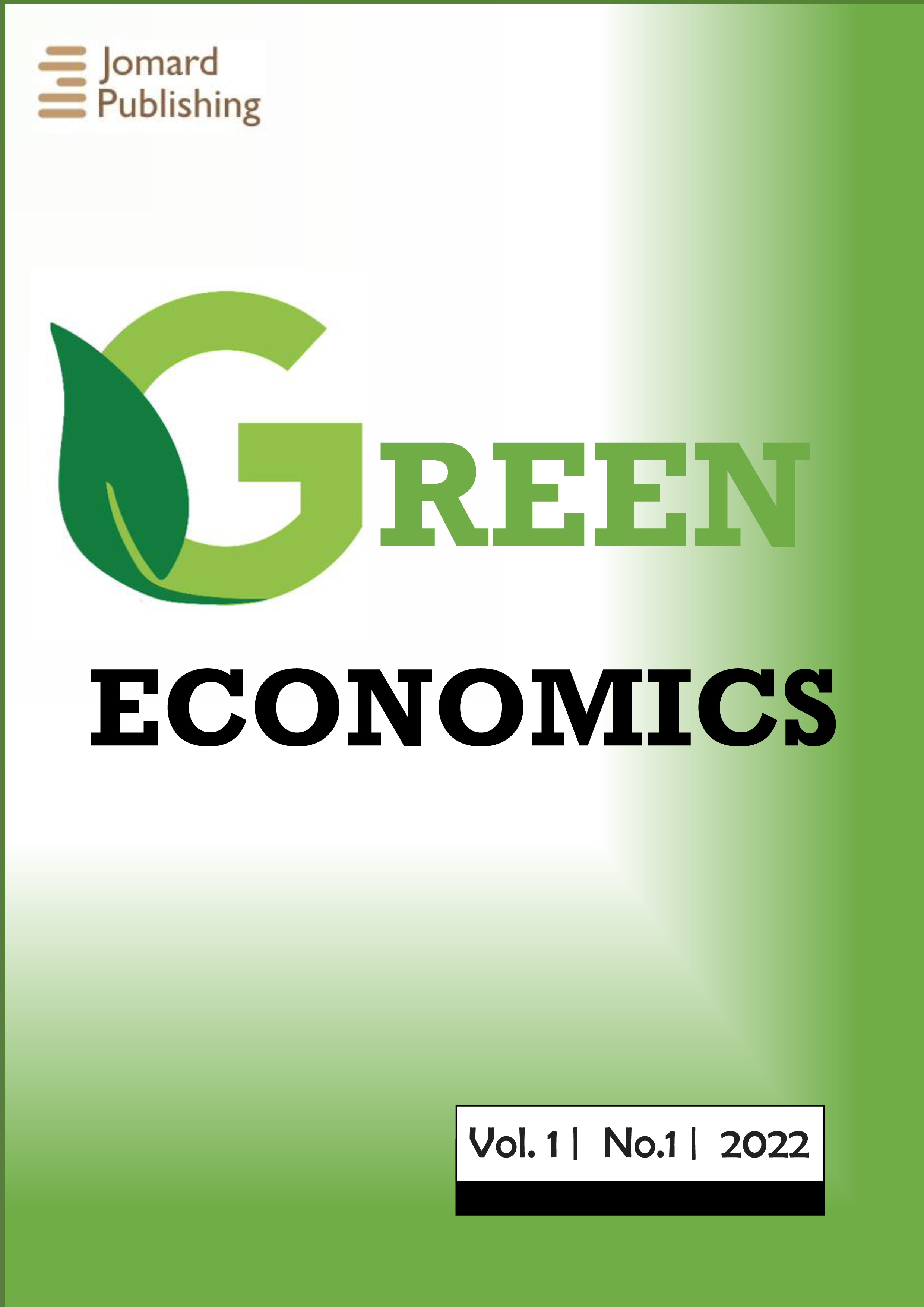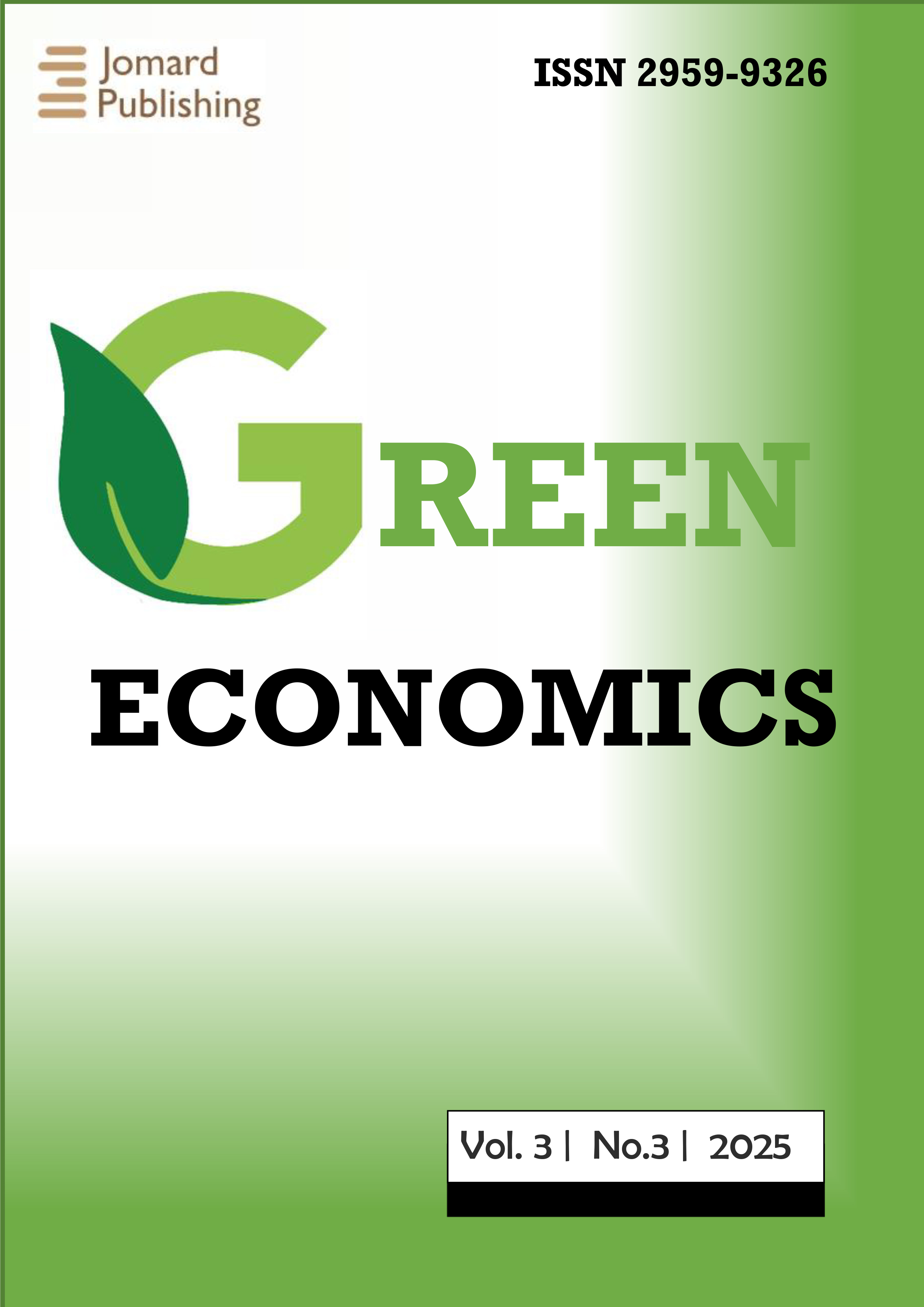Measuring Green Growth: Indicators, Limitations and Pathways for Improved Assessment
- Published: 22-09-2025
Share
The inade of Gross Domestic Product (GDP) as a measure of progress in the face of climate change and inequality has propelled the concept of green growth to the forefront of policy and academic discourse. However, translating this concept into a measurable reality presents significant challenges. This paper provides a comprehensive critical review of prevailing green growth indicator frameworks advanced by major international organizations (OECD, UNEP, World Bank) and academic institutions. Through a comparative qualitative analysis and SWOT framework, we identify persistent limitations: fragmentation across economic, environmental and social dimensions; a persistent economic growth bias; severe data scarcities in developing countries and political resistance to metrics that challenge conventional growth narratives. Case studies of the EU Green Deal, China’s abandoned Green GDP experiment, measurement challenges in Sub-Saharan Africa and Bhutan’s Gross National Happiness index illustrate both the potential and the pitfalls of implementation. To address these gaps, this paper proposes a novel Green Growth Balanced Scorecard, a multidimensional composite framework designed to integrate four critical pillars: (1) Economic Sustainability, (2) Environmental Sustainability, (3) Social Sustainability and (4) Governance and Technological Capacity. We argue that effective measurement is not merely a technical exercise but a political and normative one, shaping policy priorities and either enabling or inhibiting a genuine transition. The paper concludes that for green growth to be a credible paradigm, its measurement must be robust, contextually adaptable and explicitly designed to guard against greenwashing and inequity, ultimately serving as a bridge between high-level goals like the SDGs and actionable national policy.
- View 531
- Downloads 175
- Saveds 0
- Citations (Crossref) 0

